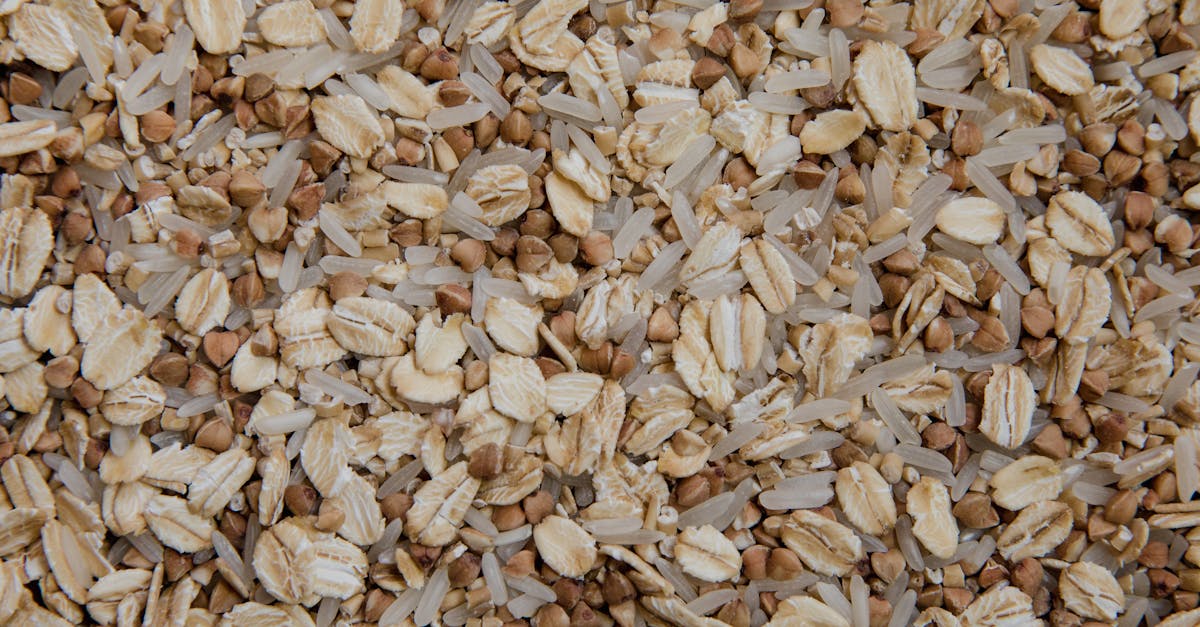Feeding your baby can be a delightful yet daunting task, especially when they reach the 7-month mark. At this stage, your little one is ready to explore a variety of flavors and textures, which is crucial for their development. This blog post provides a comprehensive food chart tailored for Indian babies, ensuring that your child receives the right nutrition while enjoying delicious meals.
| Meal Time | Food Items | Preparation Method |
|---|---|---|
| Breakfast | Rice Cereal | Cooked and mashed with water or milk |
| Mid-Morning Snack | Mashed Banana | Simply mashed with a fork |
| Lunch | Dal Puree | Cooked and blended with water |
| Evening Snack | Vegetable Puree | Boiled and blended vegetables |
| Dinner | Khichdi | Cooked rice and lentils, mashed |
| Occasional Treat | Sweet Potato Mash | Boiled and mashed |
| Fruit Serving | Apple Puree | Steamed and blended |
| Hydration | Homemade Lemonade | Water with a few drops of lemon |
| Nutritious Snack | Ragi Porridge | Cooked and mixed with milk |
| Post-Dinner | Curd | Plain or mixed with fruit |
Breakfast: Rice Cereal
Rice cereal is an excellent first food for babies as it is easy to digest and less likely to cause allergies. You can prepare it by cooking rice and then mashing it with water or milk to achieve a smooth consistency. This meal can be fortified with a pinch of cardamom for added flavor, which is a common practice in Indian cuisine.

Mid-Morning Snack: Mashed Banana
Bananas are rich in potassium and are perfect for a mid-morning snack. Simply mash a ripe banana with a fork until smooth. This soft fruit is not only nutritious but also a convenient option, as it requires no cooking and can be fed directly to your baby.

Lunch: Dal Puree
Dal is a staple in Indian households and can be introduced to babies as a nutritious source of protein. Cook yellow moong dal until soft and blend it with water to create a smooth puree. This can be served with a dash of ghee for added flavor and healthy fats.

Evening Snack: Vegetable Puree
Vegetable purees are a fantastic way to introduce your baby to a variety of flavors. You can use vegetables like carrots, peas, or sweet potatoes. Boil the vegetables until soft, then blend them to a smooth consistency. This meal is packed with vitamins and minerals essential for your baby’s growth.

Dinner: Khichdi
Khichdi is a wholesome meal that combines rice and lentils, making it a complete dish. Cook both ingredients until they are soft and then mash them together. This is not only nutritious but also comforting for babies, making it an ideal dinner option.

Occasional Treat: Sweet Potato Mash
Sweet potatoes are rich in beta-carotene and provide a natural sweetness that babies love. Boil the sweet potatoes until tender, then mash them thoroughly. This dish can be served occasionally to introduce your baby to different flavors and textures.

Fruit Serving: Apple Puree
Apples are a great source of fiber and vitamin C. To prepare apple puree, steam the apples until soft and then blend them until smooth. This can be a delicious way to introduce your baby to fruits while ensuring they receive essential nutrients.

Hydration: Homemade Lemonade
While babies need to stay hydrated, it’s important to introduce them to flavors gradually. A homemade lemonade made with water and a few drops of lemon can be refreshing. Ensure it is diluted well, and avoid adding sugar to keep it healthy.

Nutritious Snack: Ragi Porridge
Ragi, or finger millet, is a superfood for babies and is rich in calcium and iron. Cook ragi flour with water or milk to create a smooth porridge. This nutritious snack can be enhanced with a little fruit puree for added flavor and nutrition.

Post-Dinner: Curd
Curd is an excellent source of probiotics and can aid in digestion. You can serve plain curd or mix it with mashed fruits like banana or mango. This can be a soothing way to end your baby’s day while providing essential nutrients.

FAQs
What foods should be avoided for a 7-month-old baby?
It is best to avoid honey, whole nuts, cow’s milk, and foods that pose a choking hazard, such as whole grapes and popcorn. Additionally, avoid added sugars and salt in your baby’s diet.
How do I know if my baby is ready for solid foods?
Signs that your baby is ready for solid foods include being able to sit up with support, showing interest in food, and the ability to swallow rather than push food out with their tongue.
Can I introduce spices to my baby’s food?
Yes, mild spices such as cumin, coriander, and turmeric can be introduced in small amounts to enhance the flavor of the food. However, avoid very spicy or strong flavors at this stage.
How often should I feed my 7-month-old baby solids?
At 7 months, you can offer solids 2-3 times a day along with breast milk or formula. It’s essential to ensure a balanced diet by varying the food types you offer.
What is the best way to prepare baby food at home?
The best way to prepare baby food is to steam or boil the ingredients to retain their nutrients, then blend or mash them to achieve a smooth texture suitable for your baby’s age.
For more information on baby nutrition, you can refer to trusted sources like the [Ministry of Health and Family Welfare](https://www.nhp.gov.in/) and the [World Health Organization](https://www.who.int/).
